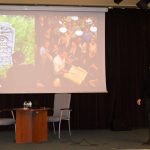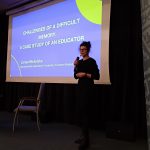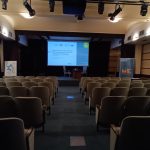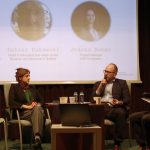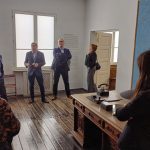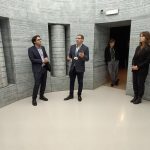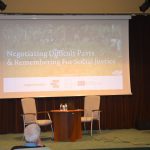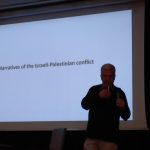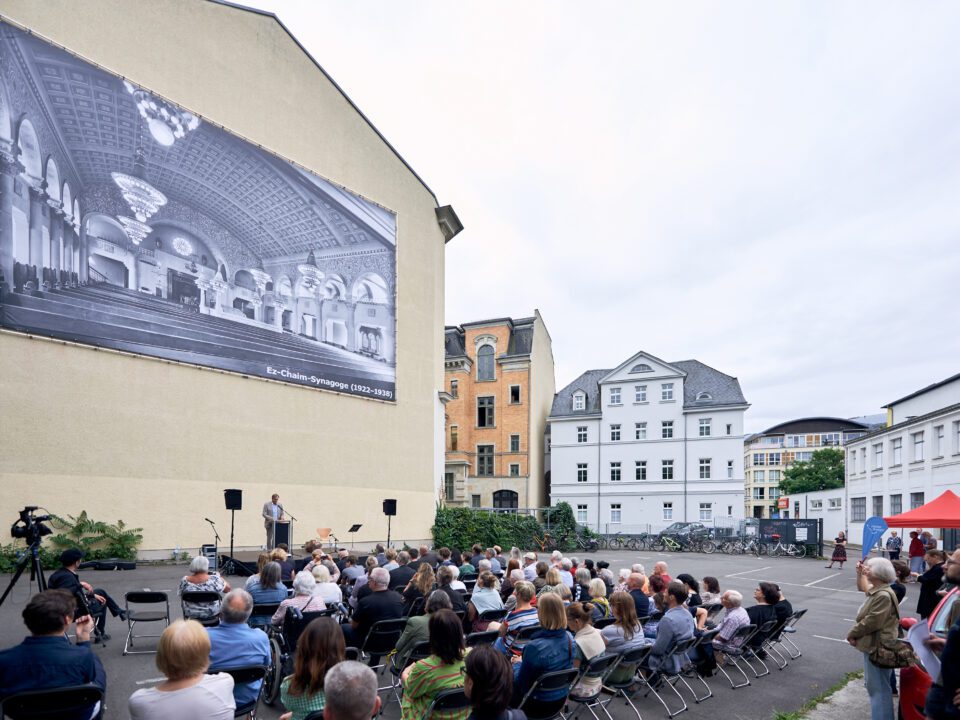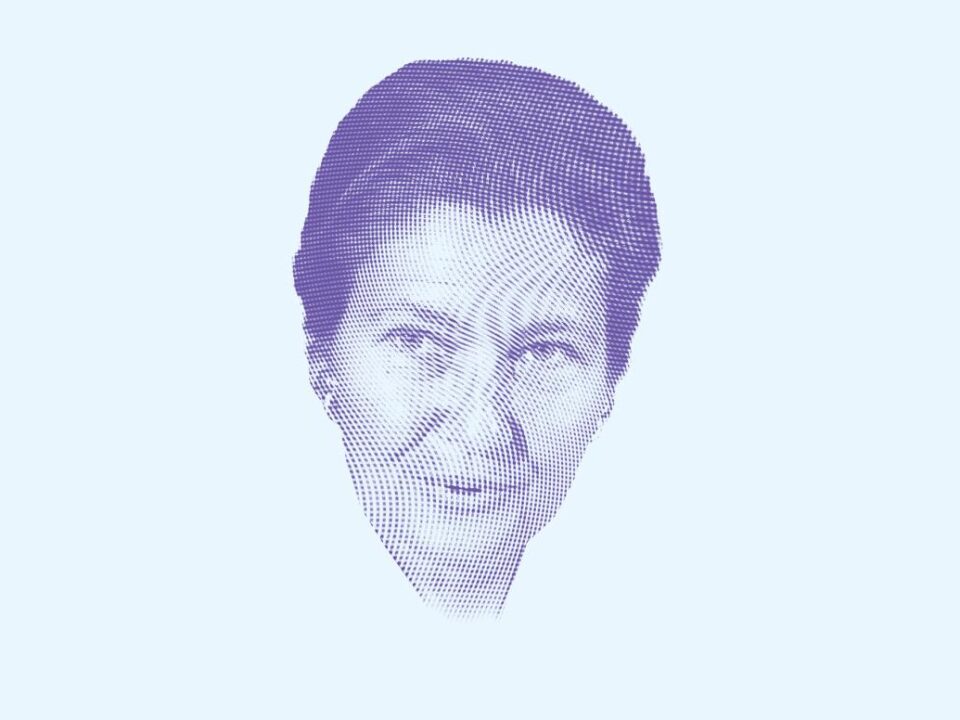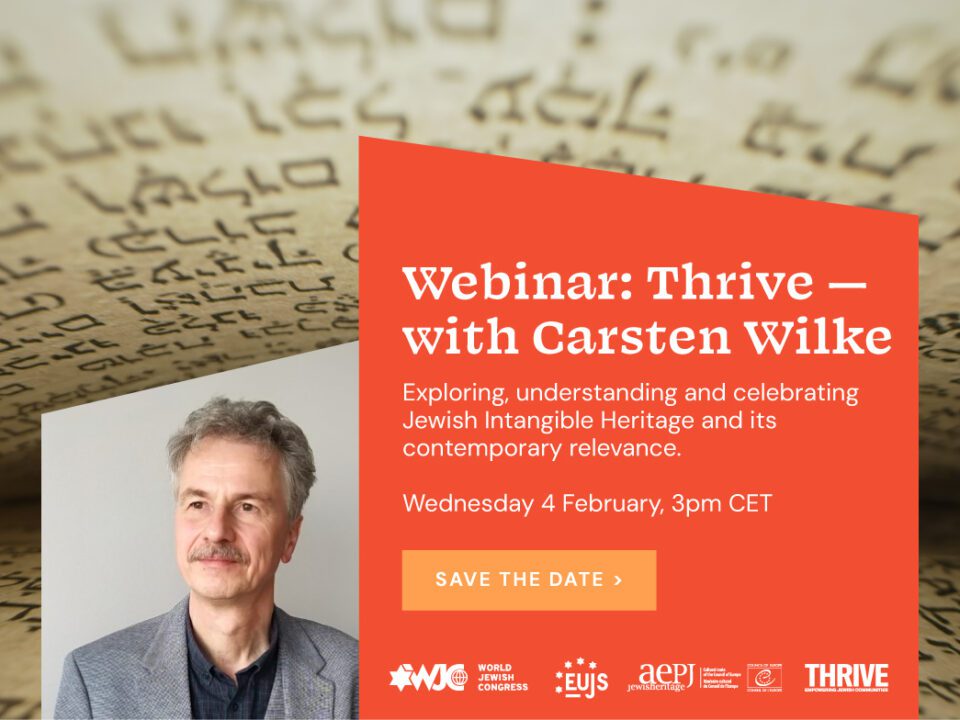European Days of Jewish Culture 2023 Culminates in Krakow Conference

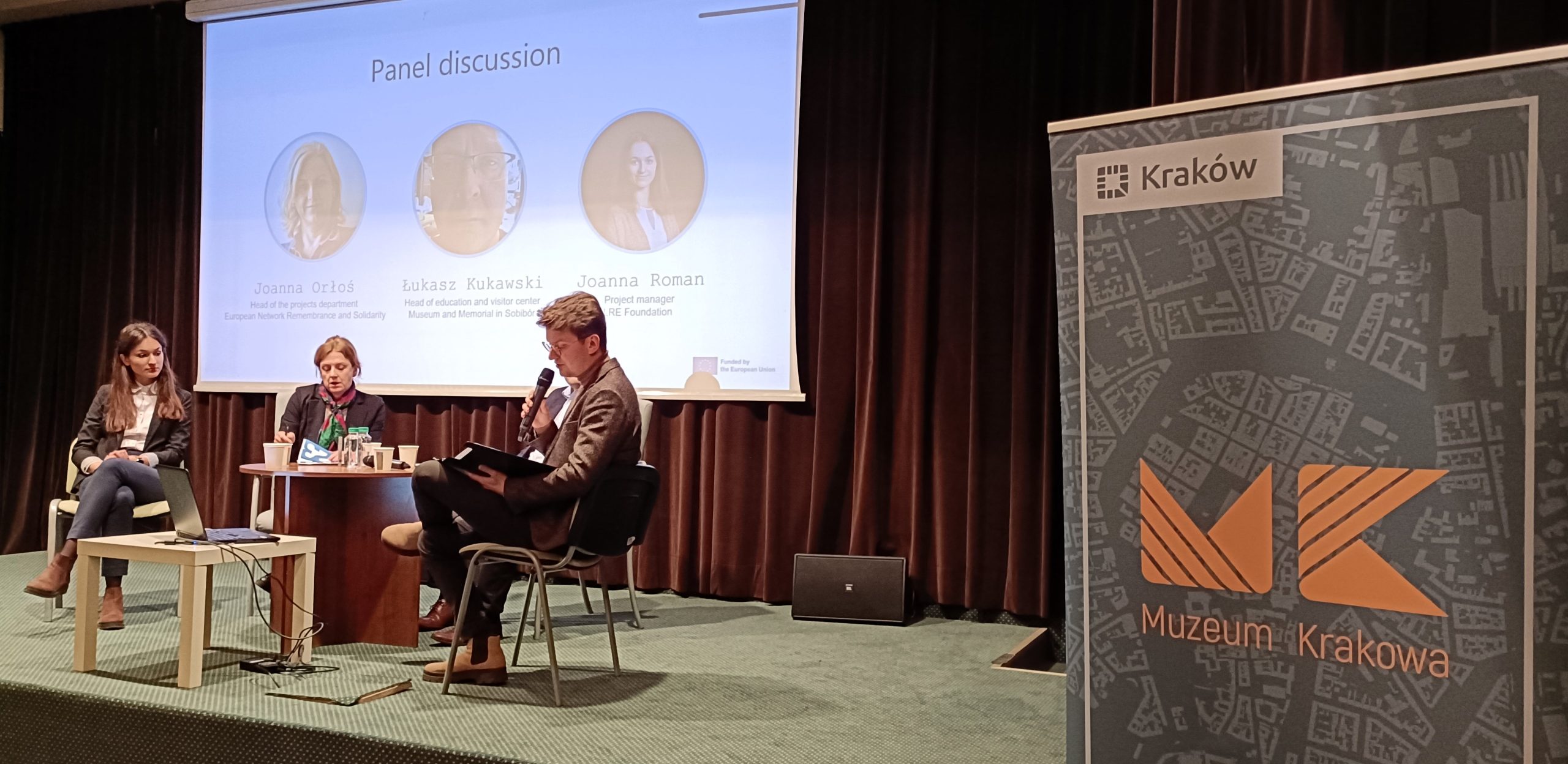
In a poignant conclusion to the European Days of Jewish Culture 2023, the Liberation Route Europe Foundation successfully hosted the profound conference, “When Memory Meets Dialogue – Role of Remembrance Sites and Contemporary Challenges.” This significant event, organized in collaboration with Oskar Schindler’s Enamel Factory, delved into the intricate intersection of historical memory, dialogue, and contemporary challenges.
Renowned for impactful international projects such as Liberation Route Europe – a certified Cultural Route of the Council of Europe, the LRE Foundation aims to connect WWII stories with places and transmit the memory, meaning, and heritage of WWII, making it relevant and accessible to everyone.
The conference, held on December 11th and 12th, 2023, in Krakow, brought together international experts and cultural representatives. It served as a testament to the diverse and global character of the European Days of Jewish Culture 2023 Memory festival, promoting dialogue, recognition, and the exchange of Jewish heritage.
One of the notable sessions, “Sites of Memory as Spaces of Dialogue,” explored the tension between history and the modern utility of memorial sites, emphasizing their role in shaping historical sensitivity through education. Another significant panel, “How to Remember?,” focused on contemporary history and heritage, featuring insights from regions affected by recent conflicts. Representatives from the Sobibor Museum and Memorial, European Network Remembrance and Solidarity, and the LRE Foundation contributed to this crucial dialogue. The conference also addressed “Lessons from the Past Today,” examining the contemporary challenges of dealing with alternative narratives and the rise of post-truth tendencies. The legacy of the Holocaust in the context of present-day memory was explored, along with strategies to combat misinformation and uphold historical truth.
The event featured distinguished speakers who are prominent figures in the management and advocacy of Jewish memory and culture in Europe. Among them were Simon Krbec from the Theresienstadt Centre for Genocide Studies, Justyna Korpak representing Auschwitz-Birkenau State Museum, Joanna Orłoś from the European Network Remembrance and Solidarity, Łukasz Kukawski from Sobibor Museum and Memorial, Jan Grabowski from the Museum of Krakow, Larysa Michalska from the Max Kopfstein Association, Dr. Aleksandra Janus from the Zapomniane Foundation, and Philippe Boukara from the Memorial de la Shoah. Together, they offered diverse perspectives, enhancing our comprehension of historical memory and contemporary challenges.
Federico Szarfer, project manager of the European Days of Jewish Culture at the AEPJ, delivered the opening speech, setting the tone for the conference. His insights encapsulated the essence of this year’s event, celebrating its successes and emphasizing the collective commitment to preserving and sharing Jewish heritage. As the conference concluded, the project manager also delivered the closing speech, summarizing the festival and highlighting its enduring impact.
Over the past three months, we have embarked on a remarkable journey, orchestrating activities in 213 locations across 28 countries throughout the continent as part of the European Days of Jewish Culture 2023. More than 1000 activities have been curated, with an estimated participation, pending the finalization of data from organizers, of over 100,000 attendees across these activities.
This extensive and diverse array of activities has placed Memory at the forefront, explored through a myriad of perspectives. It’s been an immersive experience where values-based education and first-person narratives have served as the linchpin for creating a profound impact. The festival has witnessed the convergence of genuine artistic expressions, both traditional and contemporary, accessible to all. Fiction and reality have walked hand in hand, offering attendees an enriching and immersive experience. Tradition and innovation have intertwined, ensuring that Jewish culture evolves and renews itself while staying deeply rooted in its ancient traditions.
As Szarfer highlighted, “These activities aim to reach all of society, venturing into the streets and allowing every citizen to understand Jewish culture as an integral part of European culture.” The festival has been a celebration of inclusivity and cultural richness, inviting people from all walks of life to engage with and appreciate the depth of Jewish heritage.
During the closing conference, notable activities were spotlighted, offering a glimpse into the rich tapestry of approaches and the territorial diversity in which these events unfolded. Each of these activities has contributed to the festival’s success, fostering dialogue, recognition, and the exchange of Jewish heritage on a truly pan-European scale.
While the festival itself has come to an end, its results will extend and become tangible through an upcoming online exhibition that the LRE Foundation is preparing. This exhibition will focus on the narratives of memory surrounding WWII in Europe, ensuring that the profound discussions and insights shared during the conference continue to resonate and educate.
